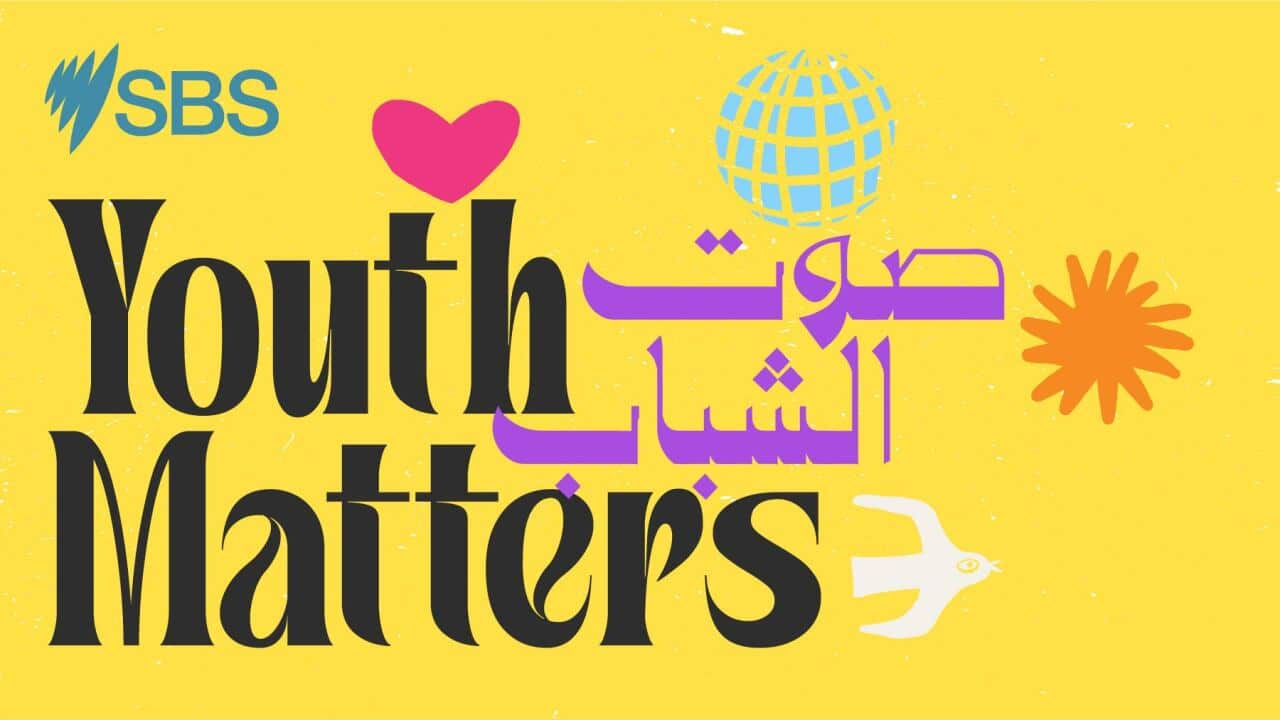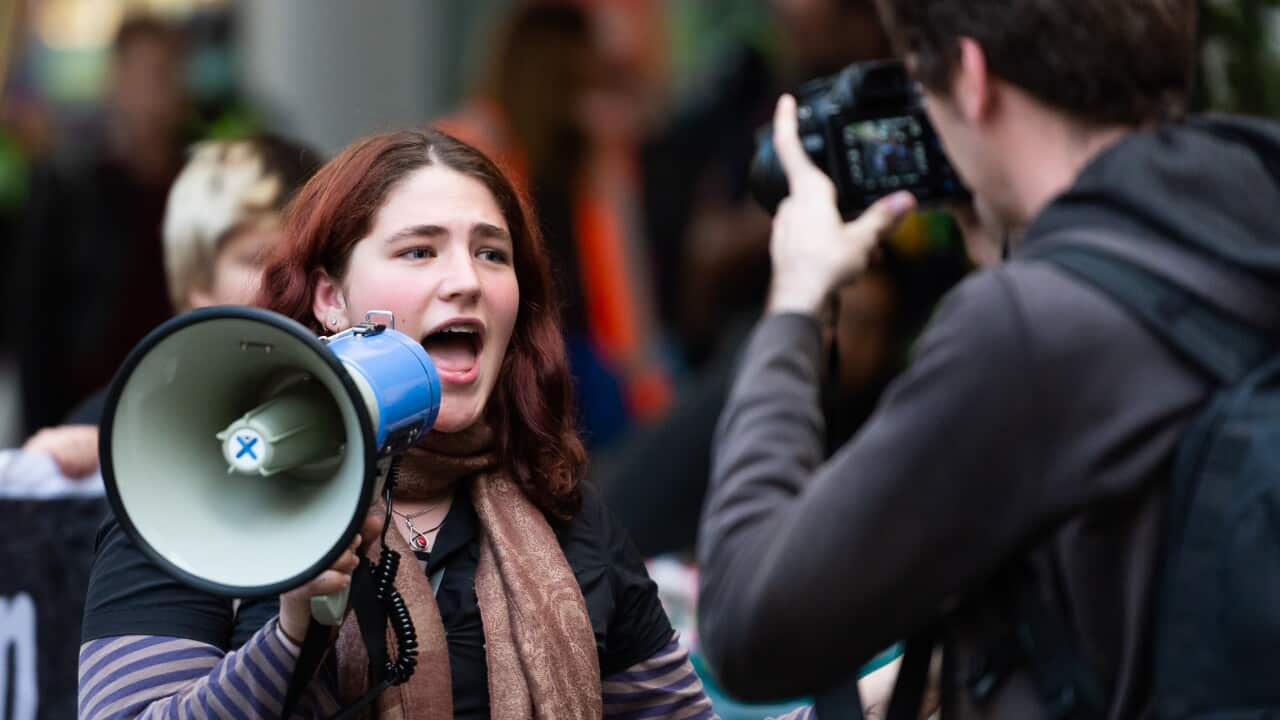In today's hyper-connected world, digital identity is becoming the new passport for many young people. Platforms like TikTok, Instagram, and YouTube are not just places for entertainment; they have evolved into arenas for self-expression, activism, and career development.
In Australia, a report from Sprout Social indicates that the number of active internet users is projected to exceed 23.3 million by 2025, representing over 91% of the total population. This number is expected to continue growing, reaching an estimated 27.7 million active internet users by 2029.
As of January 2024, there were approximately 20.8 million social media users in Australia, accounting for roughly 76% of the population. On average, Australians spend six hours and 20 minutes per week on social media.
The typical Australian internet user has about 7.2 social media accounts.
By 2029, the number of social media users in Australia is projected to increase by 2.1 million, reaching 26.68 million.
Three creators, one bold thread
This episode of Youth Matters features three Arab-Australian creators: Bernadette Kirwan, Veronica B, and Mohammad Awad. Each has a unique journey in shaping their digital identity.
Although their approaches differ, they are united by the courage to present themselves authentically to the world.
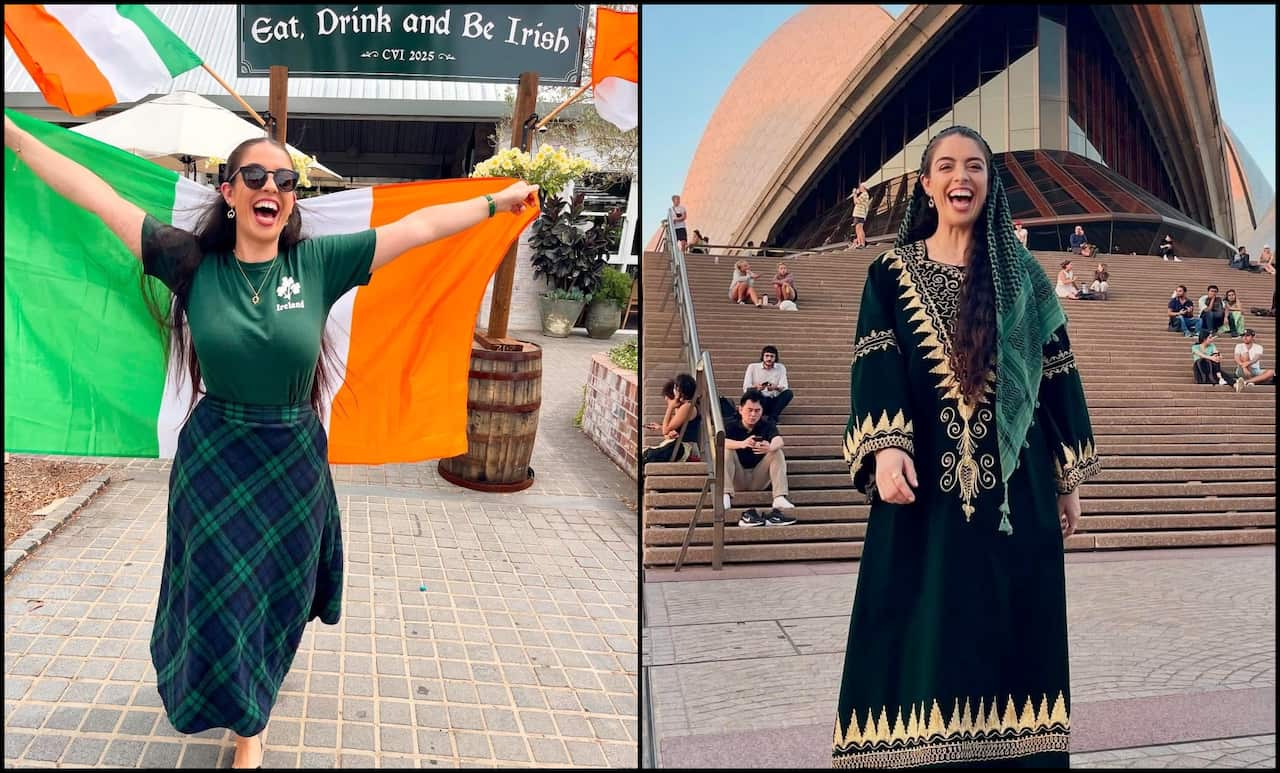
Teacher, poet and social media content creator Bernadette Kirwan. Credit: Supplied by Bernadette Kirwan
Bernadette Kirwan (The Celtic Arab): Balancing two cultures
Born in Australia to Palestinian and Irish parents, Bernadette shares:
"When you are younger, you are in a state of finding balance, trying to figure out where you fit in. And I suppose anybody's doing that, really, if you are the daughter or son of migrants, you're trying to do that anyway when you're in a different country.
However, when you have two cultures to consider, it takes a little longer to find that balance. But in my thirties, I've found that I absolutely love it now," says Bernadette.
Her social media story began during the pandemic lockdown.
"I started on TikTok and then that progressed into Instagram, YouTube, Facebook, and now even we use Snapchat and Threads these days.
For me, the majority of my audience is from either America or the UK. And then it goes down to Canada, Australia, and then Egypt. Based on that, I have a lot of followers in these places who are from a similar background, as I assume that's why they follow my content - because they can relate," says Bernadette.
Yet she faced cultural and political influences in representing her culture.
"In terms of my Middle Eastern culture, I have definitely felt pressure to represent it in a certain way. When it comes to politics, you can never do something a hundred per cent right. And so, no matter the approach I took, whether it was in the last two years as a consequence of the most recent issues or throughout my time online and the other issues that were present during that period, I have never been able to keep everyone happy. And you eventually have to come to a point where, and this wasn't something I learned overnight; it took time," explains Bernadette.
But you eventually come to a point where you realise, 'Hang on a minute, I can't be doing everything in terms of keeping all of you happy. I have to do what morally feels right for me.Bernadette Kirwan
Her guidance is straightforward for those aspiring to be social media creators or influencers.
"Set boundaries from the beginning that you do not break. If you're going to create a digital identity, set boundaries. Just as in the real world, where you have time to detach, you go home and get to in internalise and recharge, allow the same thing online," advises Bernadette.
Veronica B (Auntie Salma): Comedy as cure and identity
The Egyptian Syrian Sudanese Australian comedian behind "Auntie Salma" explains using comedy as a way to cope.
"I use comedy as a coping mechanism. If I'm upset, if I'm traumatised, if I'm happy or whatever it is, I speak through comedy, like how singers, like they relay their experiences through songs, mine is through comedy content, through skits.
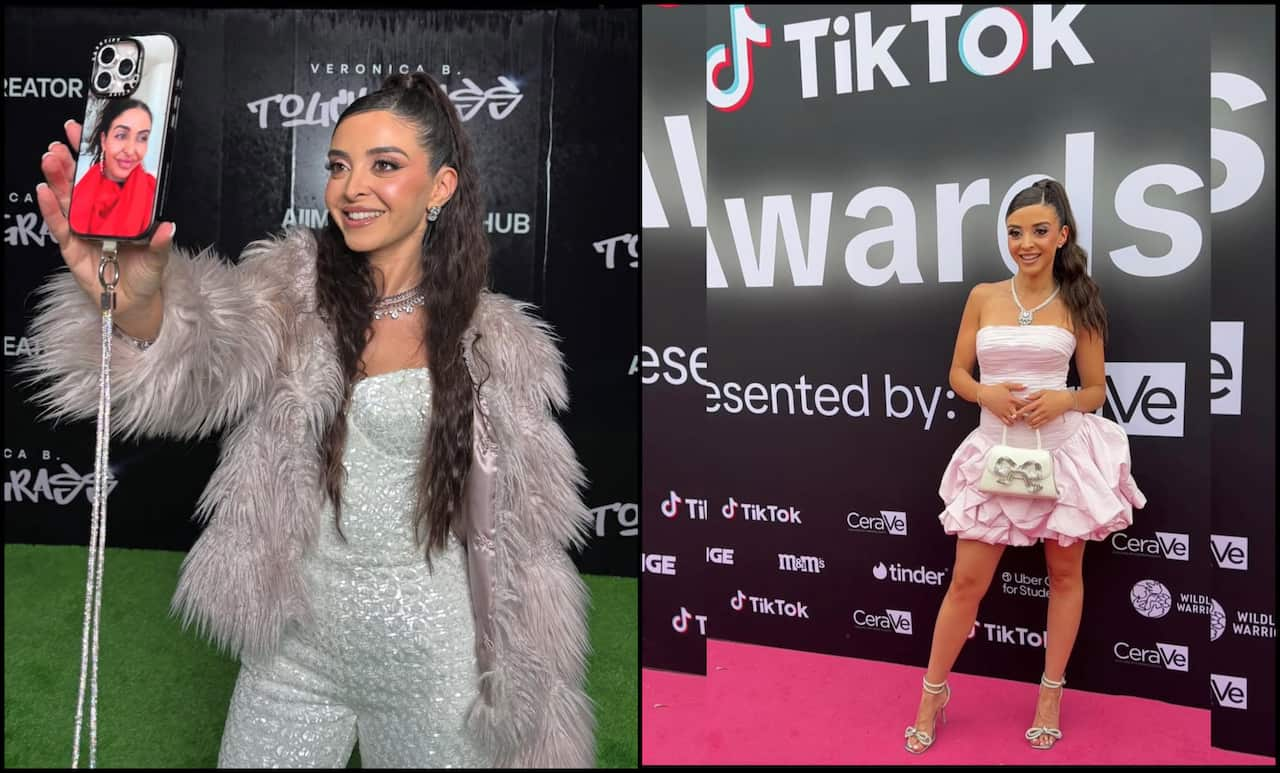
Social Media comedy content creator Veronica B
After a decade of persistence, she broke through on social media—yet faces constant attempts to cancel her.
I'm known for always getting cancelled. Unfortunately, that is just my reputation at this point.Veronica B
She explains that getting cancelled means that a small minority of people disagree with how you present yourself online or share opinions that differ from theirs. They try to bring you down online.
"They're trying to end your career. Try to end Veronica B or Auntie Salma online in the hopes that I would never make content again.
And it's because I am raw and authentic, and I'm not scared to share my opinion online because people follow me for that reason. But you do have to be very cautious and careful of how you articulate yourself and what you post online," adds Veronica.
Social media, Veronica notes, is a double-edged sword.
"It's definitely given everyone a platform, not just myself or big creators, any. If you have a phone, you can make an account, and you can share your side of the story. You can share your opinion and share what matters to you. It's working wonders in connecting the whole world, in the realities of what's happening around the world. But also, there is, of course, pressure online. That's just how society is now—pressures from everywhere," she says.
During her school days, Veronica was one of many struggling to fit in, but now she realises that being different is what makes you stand out.
Veronica embraces her culture more than ever, which sets her apart from the crowd of influencers and content creators.
"At school, yeah, there is pressure to fit in because you feel different, you are different, but you don't know that it's okay to be different. You're still learning... and you think that you have to be a certain way.
Now, like the majority of my jobs that I get, and brand deals, they pick me because I'm a Middle Eastern creator. And that's me. I love it. I love being known as that. So, I never feel that pressure to create content to fit in, because then how do you stand out?" adds Veronica.
Mohammad Awad (3awadi): Art as a space for freedom
The Lebanese Australian writer, poet, director, and musician Mohammad Awad (Awadi) recounts a brave coming-out journey on social media.
"Shortly after I had come out to my family, I'd gotten kicked outta home. There was a period where I realised the reason why I wasn't being myself fully online was because I was worried about my family.
Being online enabled me to be more myself in person, being myself online and receiving feedback and responses from a community that says, 'We love you.' 'We love what you do, we love you as a queer person. ' We love you as someone who's Middle Eastern and Muslim and can live in this way. ' It has allowed me to feel more comfortable in my own life," explains Mohammad.
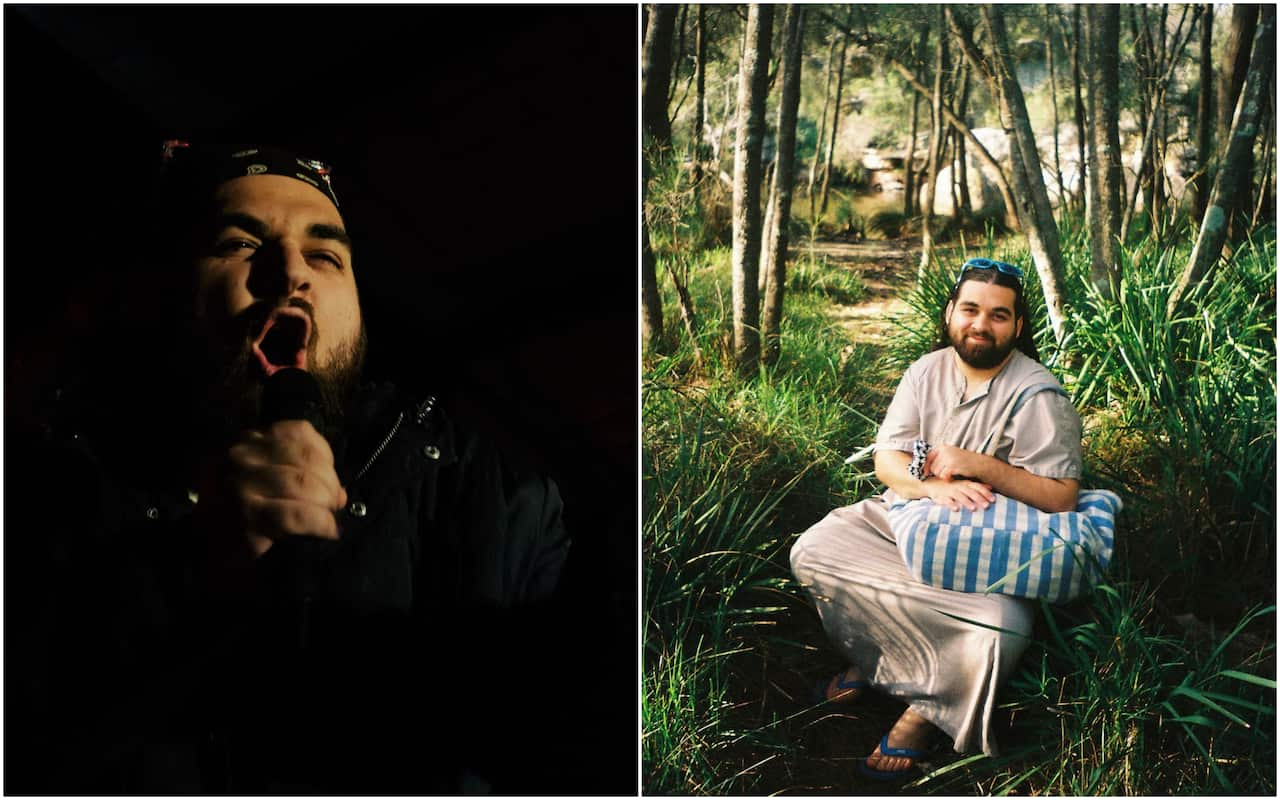
Writer, poet, director, and musician Mohammad Awad (Awadi)
"When I did that, it was like stepping into a new world and a new sort of journey. And that existence is very political, existing openly and unashamedly, and doing it in a way that's conscious and mindful. I didn't go out to piss off my Muslim community or my Arab community or my queer community.
I did it so that I can exist. But it is inherently political. And so, my content became more political. My art became more political. The stories I told became more political, and the art I created, as well as the posts I made, shifted in that direction, too," says Mohammad.
He resists the pressure of perfect representation. When he went to school, he recalls his parents' and teachers' words:
Your name is Mohammad. Everywhere you go, people will think you are representing our community. So, you have to be the smartest and the hardest worker."Mohammad Awad
"All those expectations were put on me before I was queer, or before I knew I was queer, before I ever engaged with my queerness. So, it translated into my queerness, too. I was like, I have to be the best queer Muslim representative possible. And the truth is, I am not, and I will never be.
If you think it's hard to represent the Muslim community, let me tell you, it is much harder to represent the queer Muslim community or the queer Arab community. It is because even that expression and that identity are so complex, and there are so many opinions within the Muslim community, the queer community, and the Arab community. It gets so much more complex and nuanced," says Mohammad.
Awadi, as he is known on social media, uses humour and art to connect with his community and society.
"Comedy and humour were such a unique way of engaging people and telling these stories.
So, my social media post started to just have a more funny choice. I didn't take myself too seriously. I wasn't trying to do that. And there was a way to bridge the gaps in my community, the tensions in my community. That being said, when there were really serious moments of like extreme threats and violence and things like that, I turned to poetry," says Mohammad.
Why digital identity matters
The journeys of Bernadette, Veronica, and Mohammad might be that, for many young people, having a digital identity is no longer optional. It serves as a way for them to define themselves, influence others, and form new communities for mutual support.
Nonetheless, the question remains: how essential is a digital identity for those who do not believe in it? Are they missing out on its benefits?
Listen to the Youth Matters podcast on our website and on all your favourite podcast platforms.

